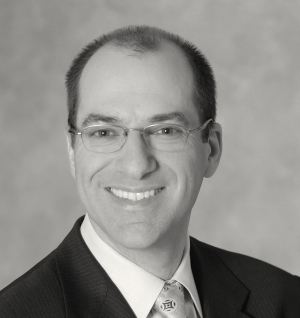Talking About The Unthinkable
By Lauren Rosen, LCSW-R, Individual and Family Therapist
No one wants to talk to their children about terrible, traumatic events. This is especially true when they fear that their children will become afraid or scared in a place that should be considered a safe haven, such as school. However, with the most recent shooting in an elementary school in Newton, Connecticut, children will not only hear about it, but may potentially relate this incident to their own school and become fearful.
One of the downfalls of living in our society today, with the preponderance of social media and internet access, is that children are often exposed to horrendous events and happenings when we wish we could just shield them. If you have school-aged children, my suggestion is to talk to them before they hear about it from a friend or at school. Here are four tips:
- Keep it simple. Especially with younger children, they do not need to know details, unless they ask for them. Follow their lead and answer their questions as directly and honestly as you can. It is OK to answer, “I don’t know” if you don’t know the answer.
- Let them express their emotions. Help younger children label their emotions if they are unable to do so. For adolescents, it is important to let them talk uninterrupted and be able to listen to them. It is great if children or adolescents can express empathy for any of the people involved in Newton.
- It is fine if children say they don’t want to talk about it. If children change the subject, this indicates they don’t want to talk about it. Even with adolescents who often don’t want to talk to their parents, acknowledge that this event was incredibly sad and scary and if they want to discuss it with you at a different time or have any questions, you are available.
- Let them know that all of the adults in their lives are constantly working together to keep them safe. Remind your children that if they ever feel scared, they should let you or their teacher or other trusted adult know.
Recognize that after a traumatic event, it is normal for some children to become anxious or scared and need extra reassurance. However, if signs of stress continue, make sure you seek help through school psychologists, school social workers or private therapists.
Lauren Rosen, LCSW-R, is a Licensed Clinical Social Worker in private practice (see RyeTherapy.com), specializing in adolescents and families. She has over 20 years of experience working with individuals, couples, groups and families.




Thank you Lauren! While this is so hard to do, I agree, it’s best you talk to kids first and assure them they’re safe. I’ve posted more information on talking to your kids about this at GoTechMom.com
xo Maureen
https://gotechmom.com/2012/12/16/talk-to-your-kids-about-the-sandy-hook-tragedy-heres-how/